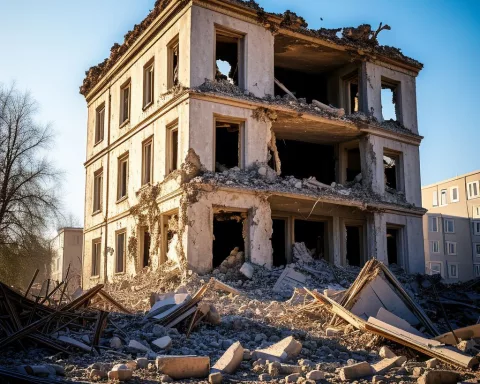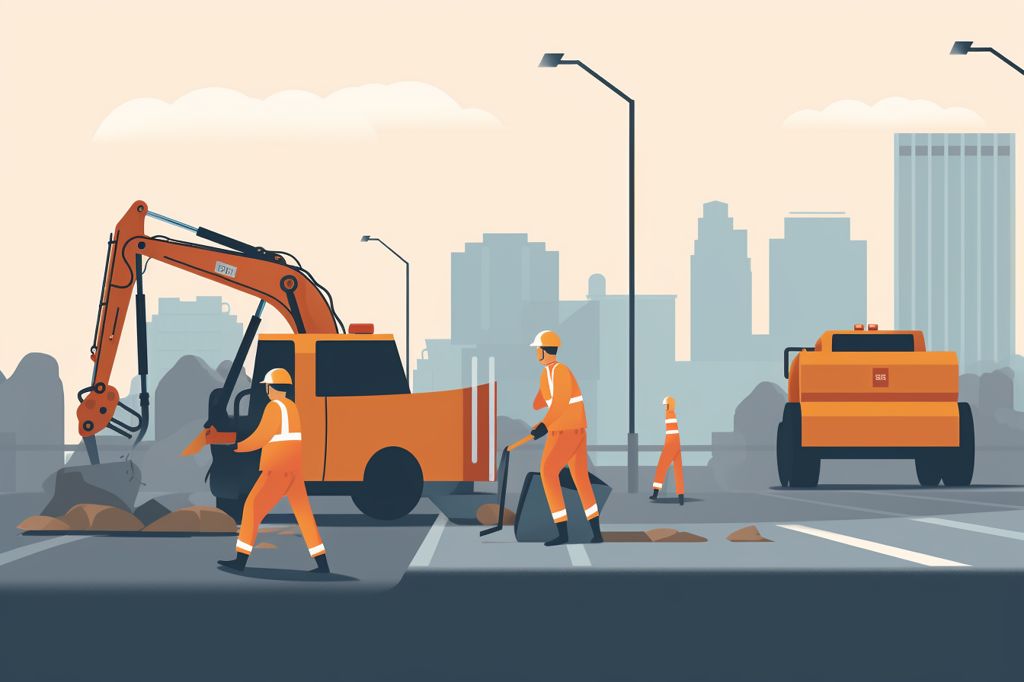Residents of Johannesburg are facing a nightmare on the city’s roads, which are in a state of disrepair. The lack of adequate maintenance has led to the proliferation of potholes that make driving a dangerous proposition. Despite the efforts of the newly-elected mayor, Thapelo Amad, the situation remains unchanged.
Frustrated Residents Take Action
Johannesburg residents are fed up with the shabby state of the city’s roads and have taken to the streets to protest. A group of disgruntled residents, including Fletcher Mhlongo and Guy Schoeman, are holding the ruling party accountable for the crumbling infrastructure in their neighborhoods.
Calls for Accountability
Mhlongo has expressed his frustration with the ruling party, stating that they are incompetent and receive high salaries without doing much. He argues that if residents don’t highlight the crumbling infrastructure, the situation will continue to deteriorate.
JRA Responds to Protests
The Johannesburg Roads Agency (JRA) has released a statement condemning the protests, citing a public roads by-law that empowers the Council to remove such items and recover the cost of removal from the person. However, residents feel that the council should compensate them instead.
Communities Left Waiting for Service Delivery
Communities are left waiting for service delivery, which is out of their hands, and the frustration of this stagnation is felt by many. Schoeman believes that the majority of Joburg’s civil servants, whose salaries are paid by residents, behave like entitled brats. They are either stealing from residents directly or indirectly, through laziness and incompetence.
Conclusion: Government Must Address Issue
The state of Johannesburg’s roads is a dismal reality that continues to cripple the city. The lack of adequate maintenance and basic infrastructure continues to be neglected, leaving residents to navigate the treacherous terrain. The ruling party and civil servants must be held accountable for their lack of action and neglect of duty to their employees, the residents. The government must take necessary steps to address the issue and provide a better living condition for its citizens.












